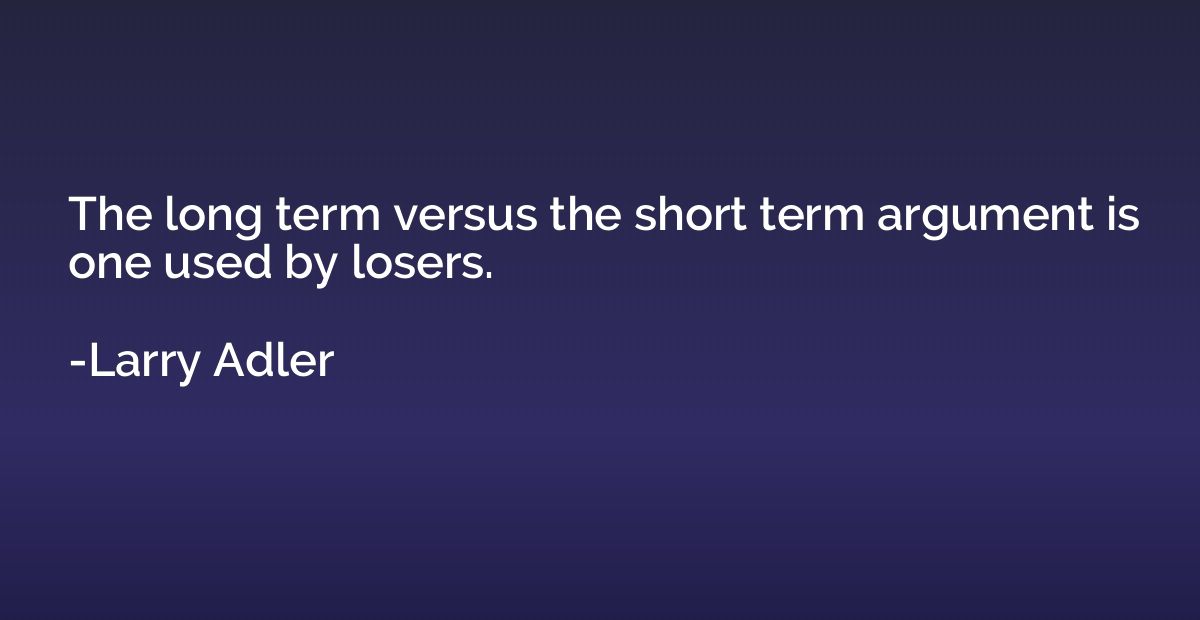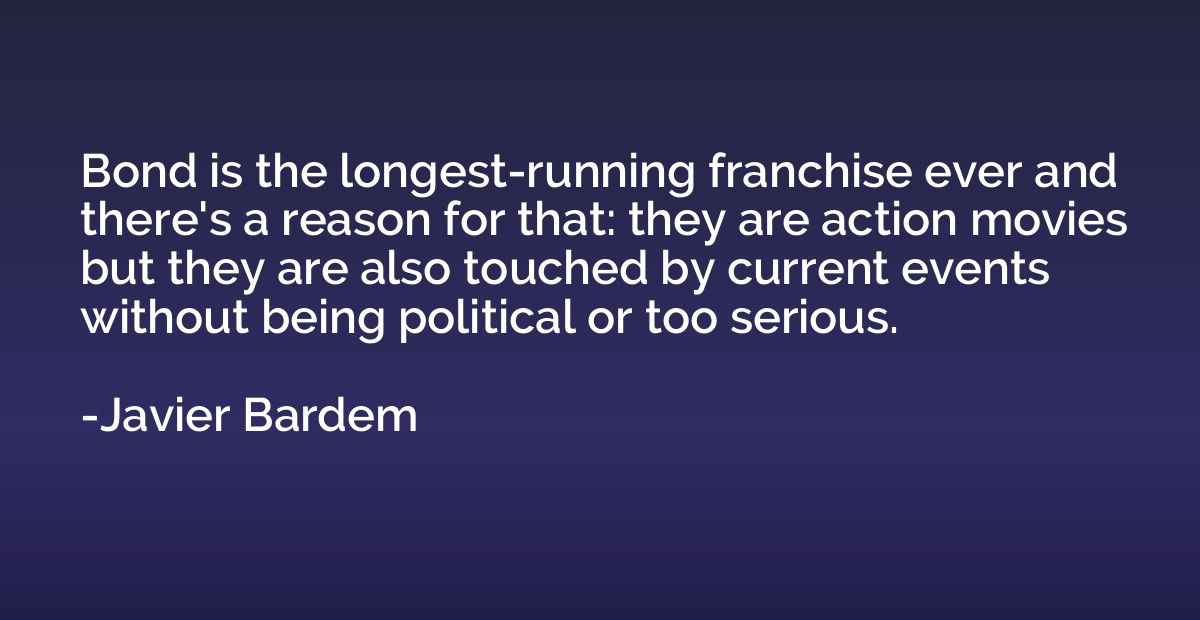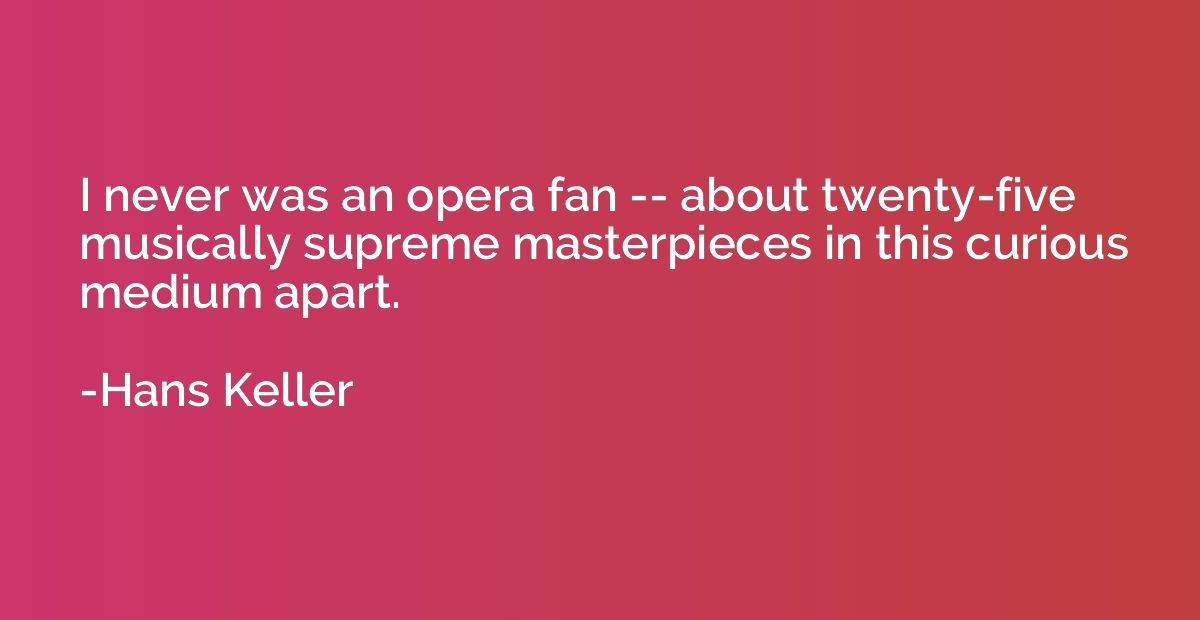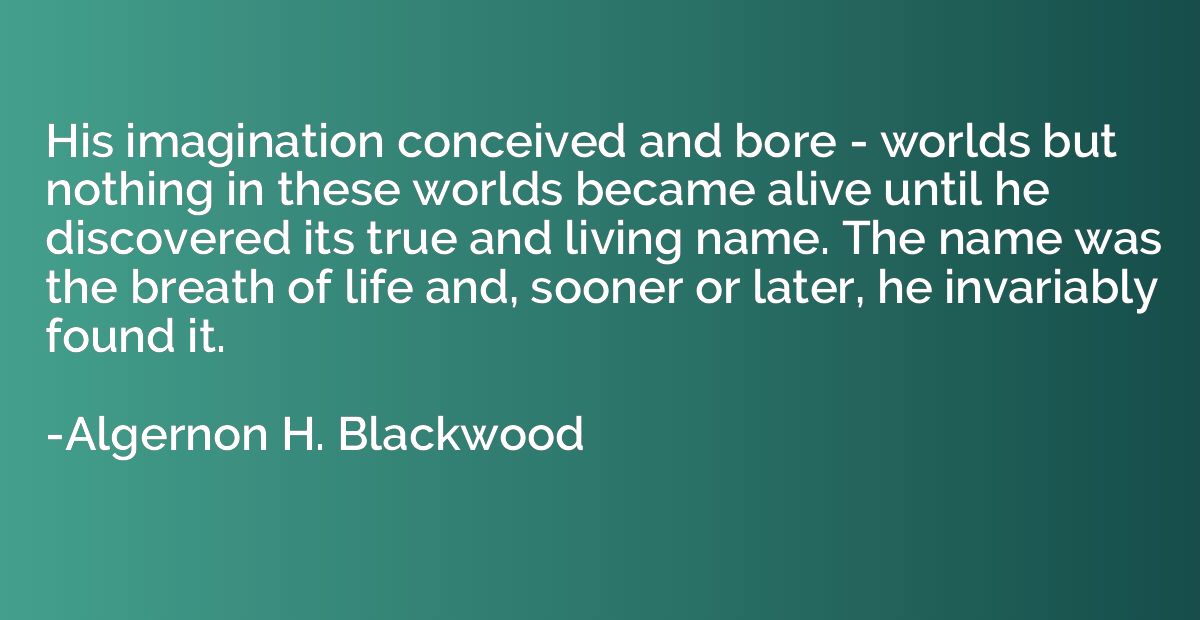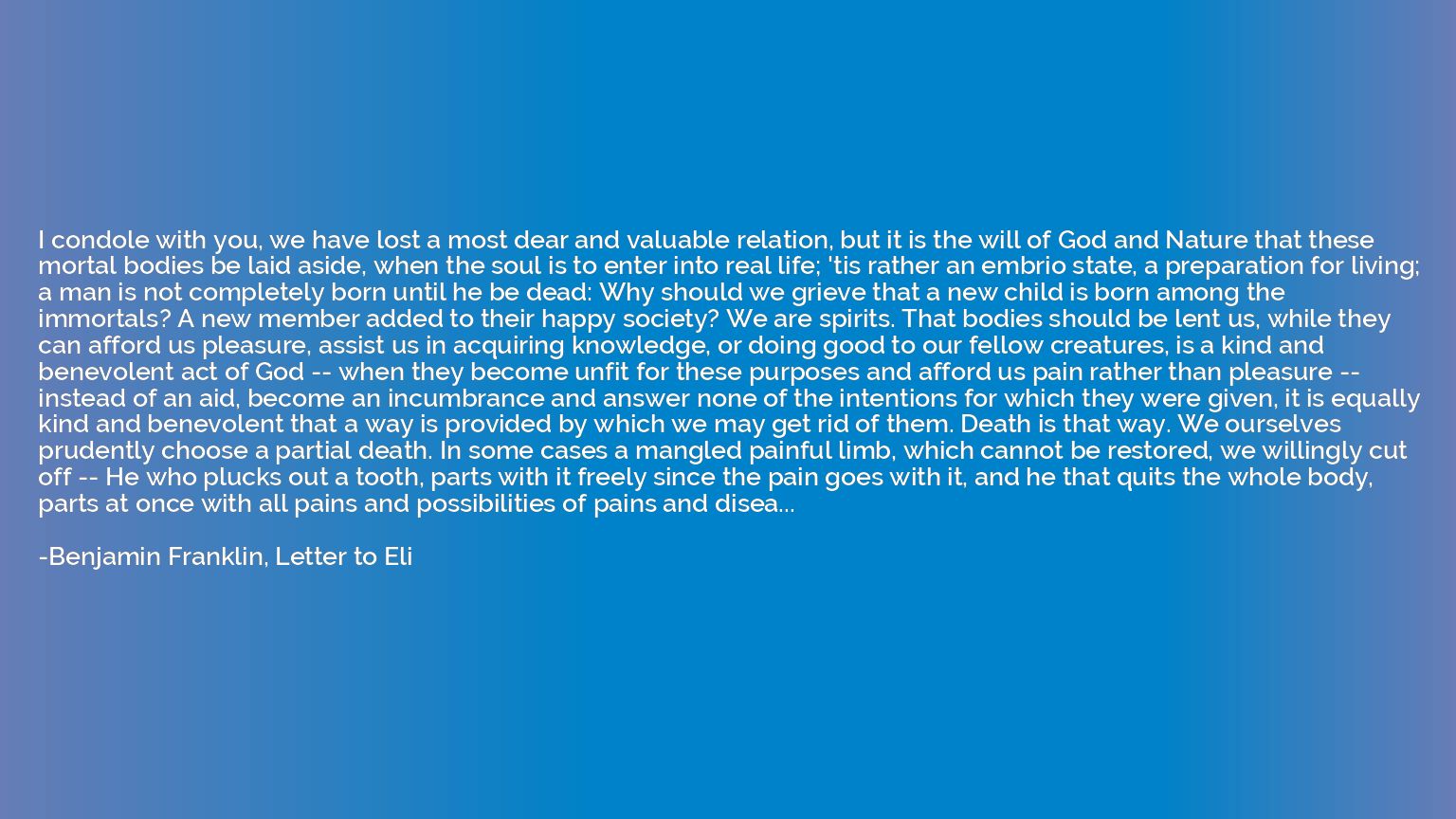Quote by Andrew Carnegie
The day is not far distant when the man who dies leaving behind him millions of available wealth, which was free for him to administer during life, will pass away unwept, unhonored, and unsung, no matter to what uses he leave the dross which he cannot take with him. Of such as these the public verdict will then be: The man who dies thus rich dies disgraced. Such, in my opinion, is the true gospel concerning wealth, obedience to which is destined some day to solve the problem of the rich and the poor.
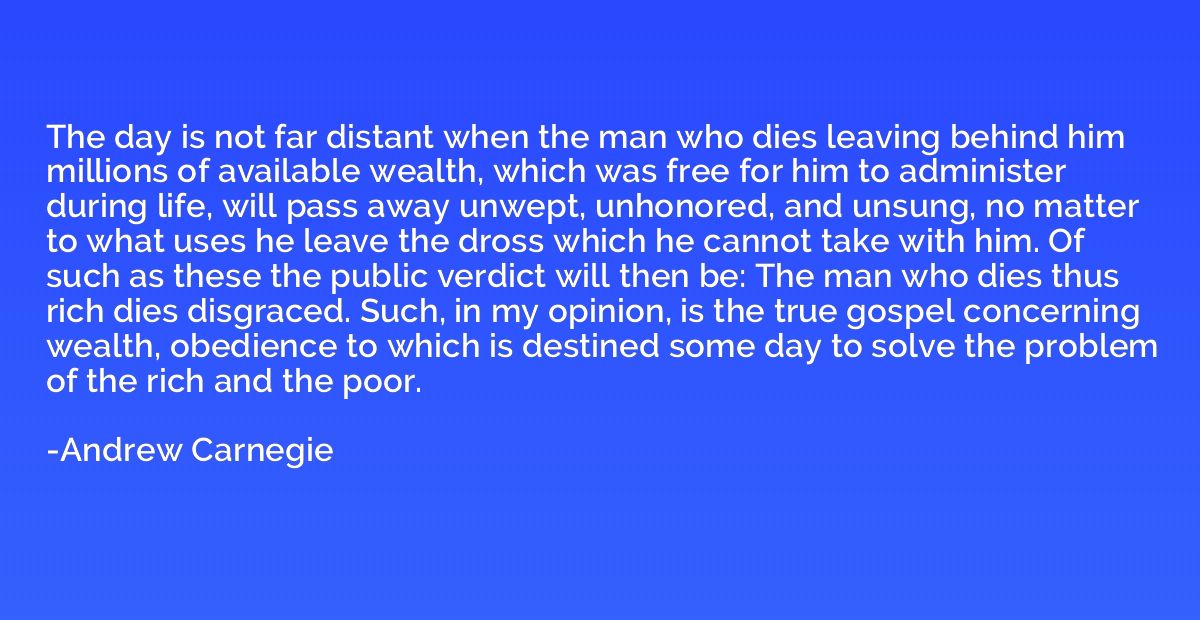
Summary
The quote suggests that accumulating great wealth without using it for the betterment of others will ultimately bring dishonor rather than admiration. It predicts a future where individuals who die with vast fortunes but failed to utilize their wealth to help others will be seen as disgraced. According to the quote, this principle should be regarded as the true understanding of wealth and its distribution, offering a potential solution to the persistent issue of inequality between the rich and the poor.




